Nasa job vacancy: Defender of the Earth - must have experience
Space agency offers $187,000 post protecting the world from alien microbes
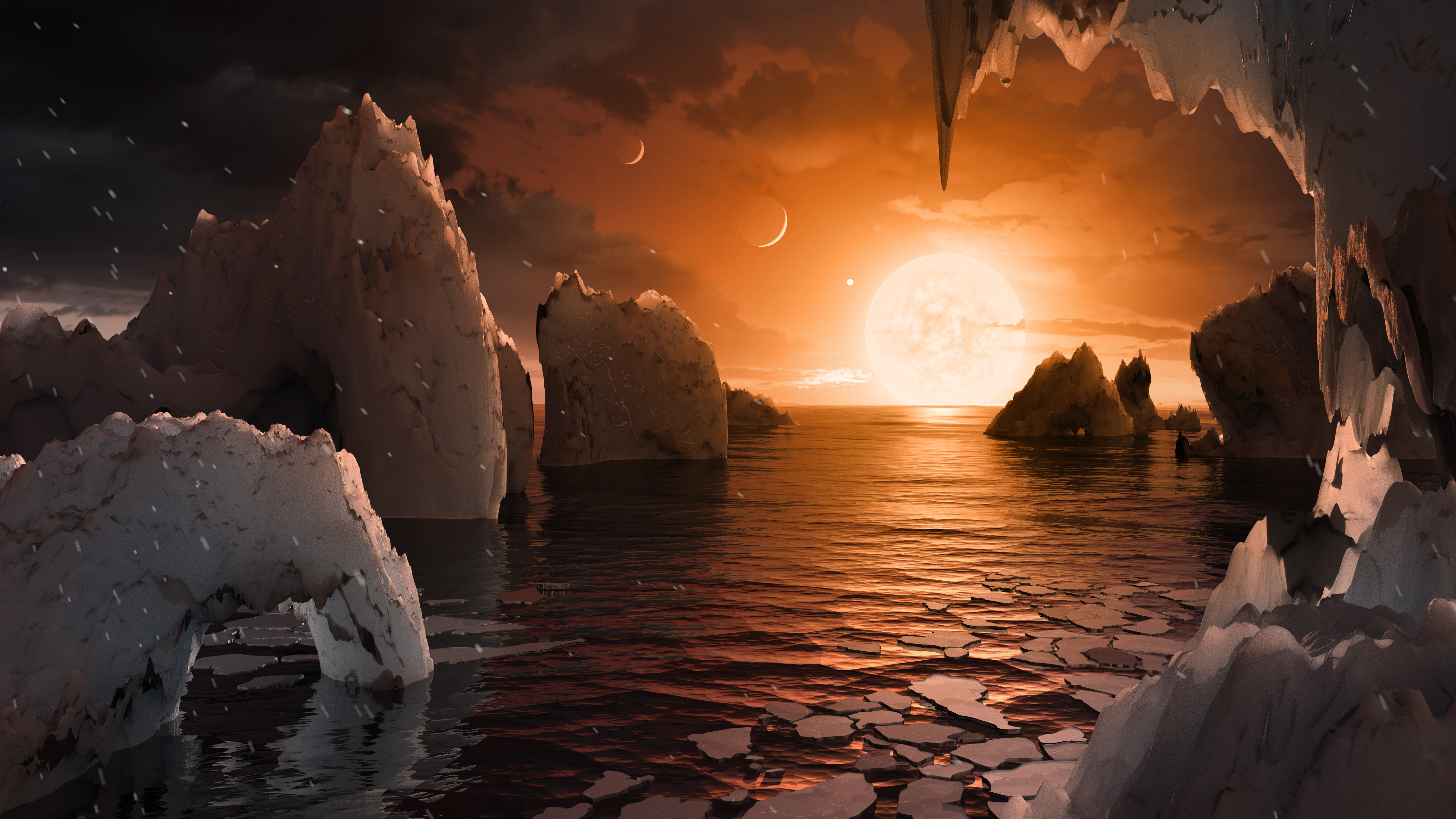
A free daily email with the biggest news stories of the day – and the best features from TheWeek.com
You are now subscribed
Your newsletter sign-up was successful
Nasa is preparing to defend the world from alien "contamination" and searching for a "planetary protection officer" - with a salary of $187,000 (£141,000).
The successful candidate will be based at the Ames Research Center in California and responsibilities include "the avoidance of organic-constituent and biological contamination in human and robotic space exploration".
This could concern a spacecraft returning from a mission with alien microbes on board, says the BBC, or the human impact on other planets in the solar system.
The Week
Escape your echo chamber. Get the facts behind the news, plus analysis from multiple perspectives.

Sign up for The Week's Free Newsletters
From our morning news briefing to a weekly Good News Newsletter, get the best of The Week delivered directly to your inbox.
From our morning news briefing to a weekly Good News Newsletter, get the best of The Week delivered directly to your inbox.
Catharine Conley, Nasa's planetary protection officer since 2014, told Business Insider only two positions like this exist: "One at NASA and the other at the European Space Agency."
The job dates back to 1967, the website says, "after the US ratified the Outer Space Treaty" - the basis of international space law, which also requires space missions to "have a less than one-in-10,000 chance of contaminating an alien world".
Applicants "need at least one year's experience as a civilian government employee", says the Daily Mirror, as well as "an advanced degree in physical science, engineering or mathematics".
They will also need an "advanced knowledge" of protecting the planet, the newspaper adds.
A free daily email with the biggest news stories of the day – and the best features from TheWeek.com
The Independent says there's a chance the new recruit will be involved with Nasa's expedition to Europa, one of Jupiter's moons that may contain alien life.
-
 The EU’s war on fast fashion
The EU’s war on fast fashionIn the Spotlight Bloc launches investigation into Shein over sale of weapons and ‘childlike’ sex dolls, alongside efforts to tax e-commerce giants and combat textile waste
-
 How to Get to Heaven from Belfast: a ‘highly entertaining ride’
How to Get to Heaven from Belfast: a ‘highly entertaining ride’The Week Recommends Mystery-comedy from the creator of Derry Girls should be ‘your new binge-watch’
-
 The 8 best TV shows of the 1960s
The 8 best TV shows of the 1960sThe standout shows of this decade take viewers from outer space to the Wild West
-
 Data centers could soon be orbiting in space
Data centers could soon be orbiting in spaceUnder the radar The AI revolution is going cosmic
-
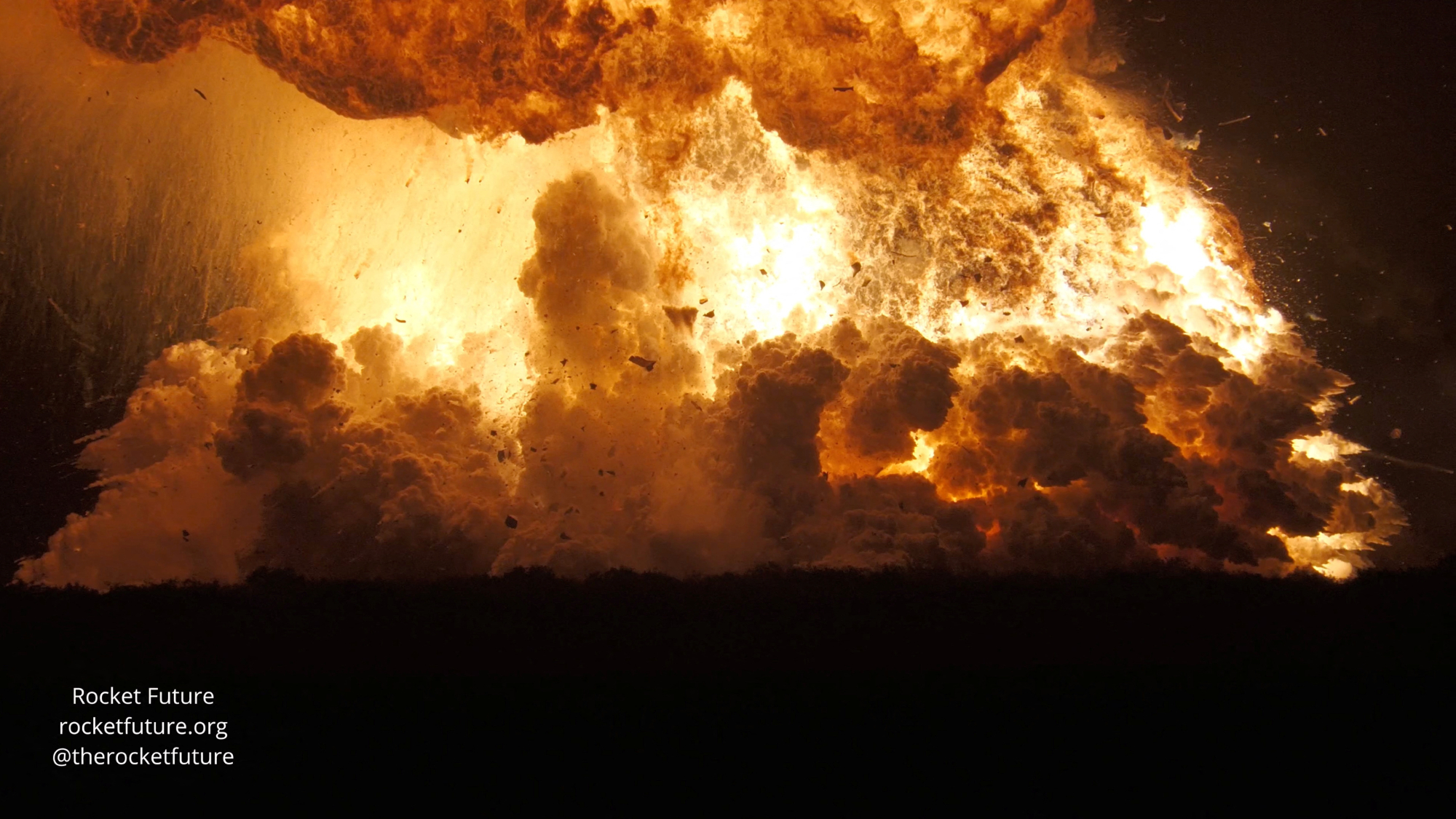 Another Starship blast sets back Musk's Mars hopes
Another Starship blast sets back Musk's Mars hopesSpeed Read Nobody was killed in the explosion, which occurred in south Texas
-
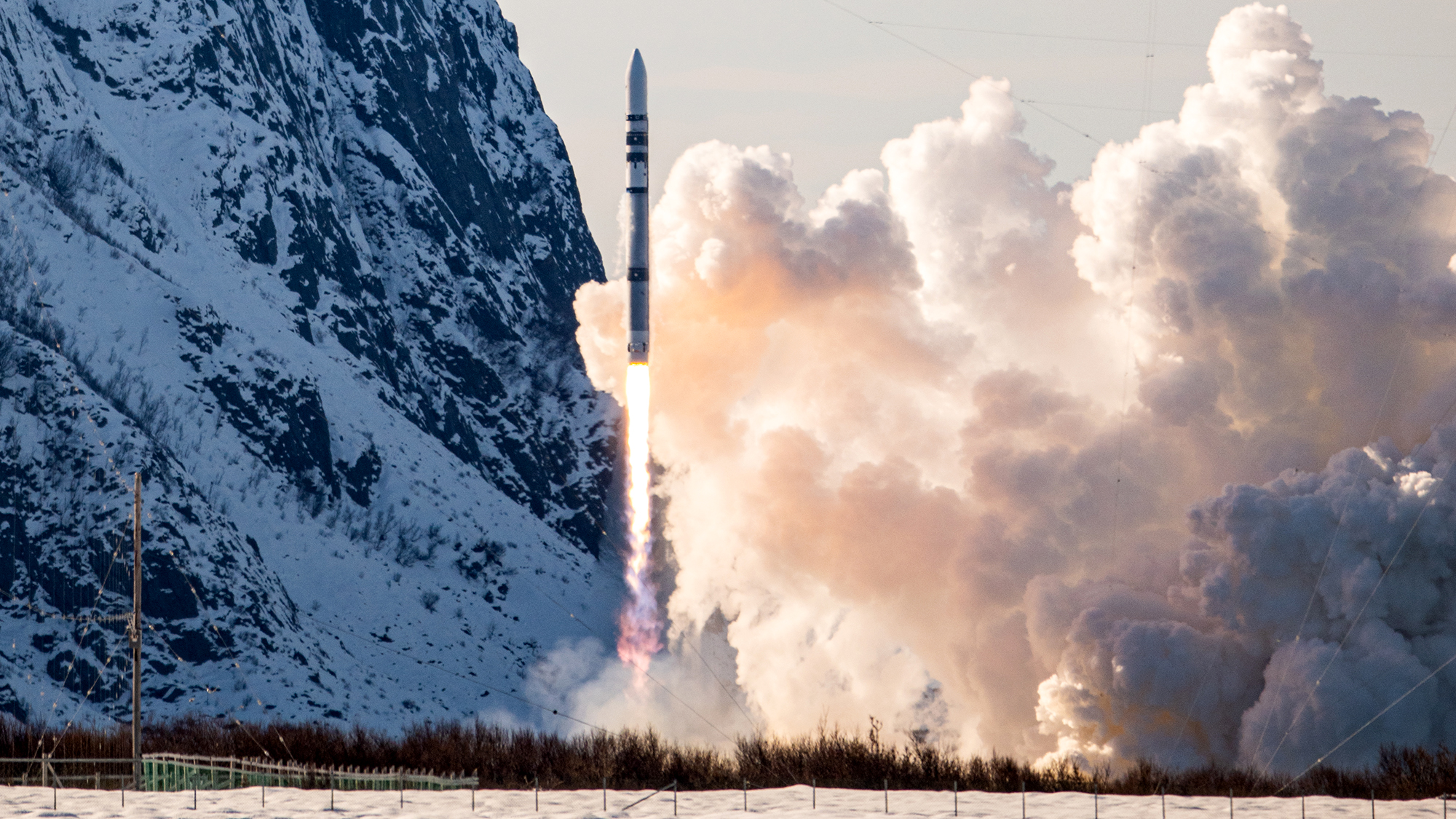 Test flight of orbital rocket from Europe explodes
Test flight of orbital rocket from Europe explodesSpeed Read Isar Aerospace conducted the first test flight of the Spectrum orbital rocket, which crashed after takeoff
-
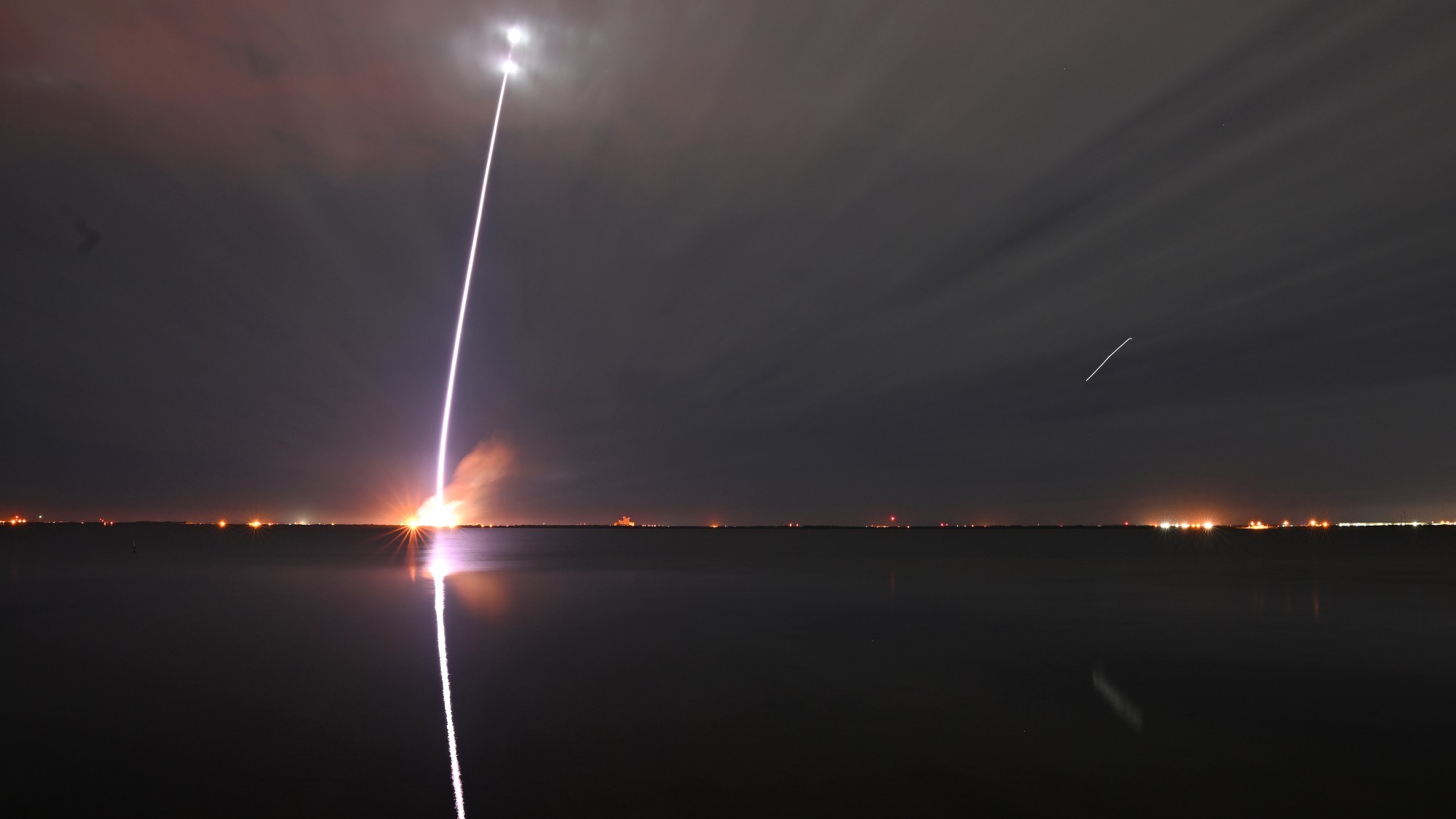 Jeff Bezos, Elon Musk and the billionaire space race
Jeff Bezos, Elon Musk and the billionaire space raceThe Explainer Tesla CEO and Amazon founder vie for dominance of satellite launch market and could influence Nasa plans to return to Moon
-
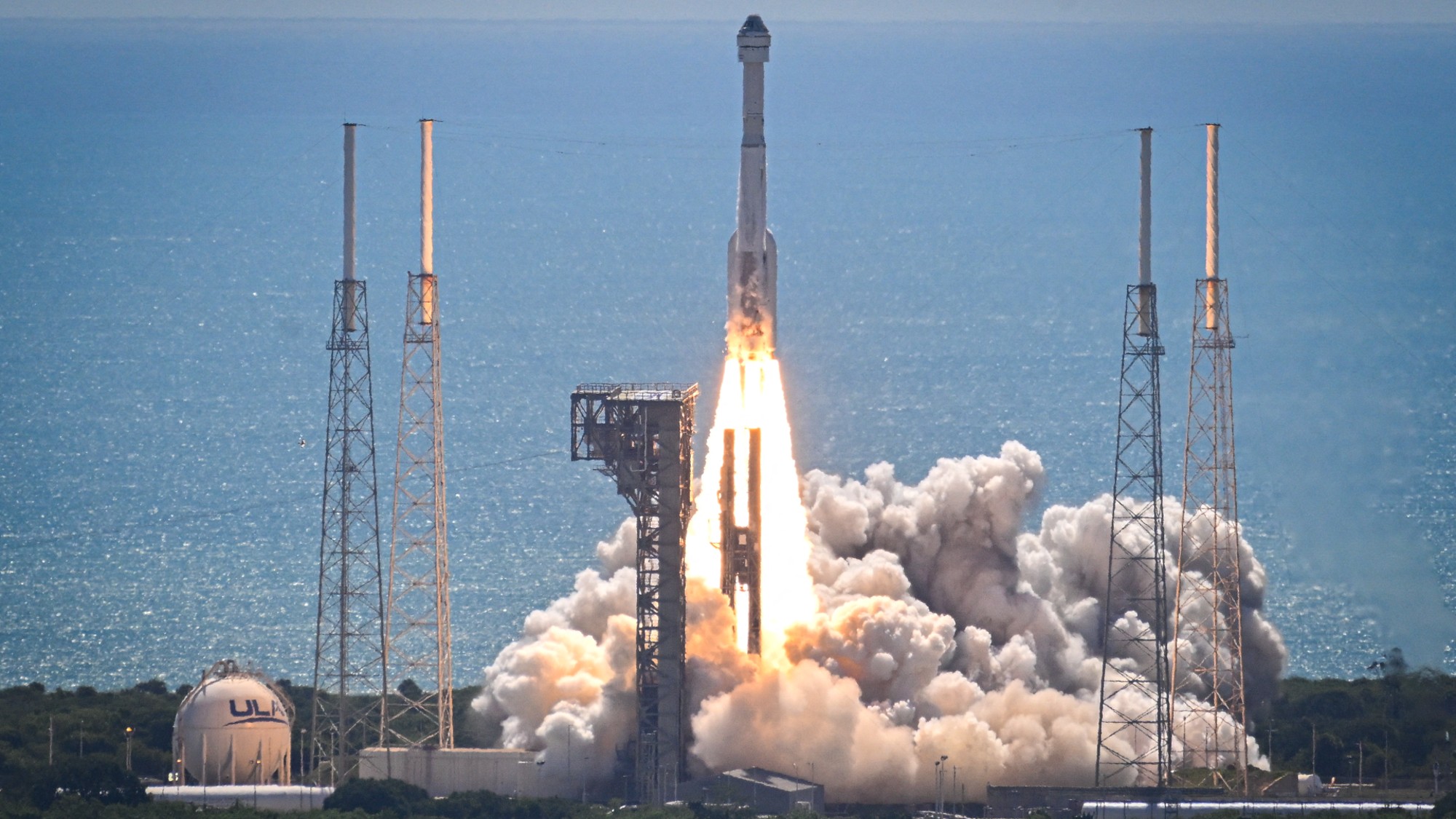 Starliner: What went wrong?
Starliner: What went wrong?Today's Big Question Boeing spacecraft has had a 'long, difficult road'
-
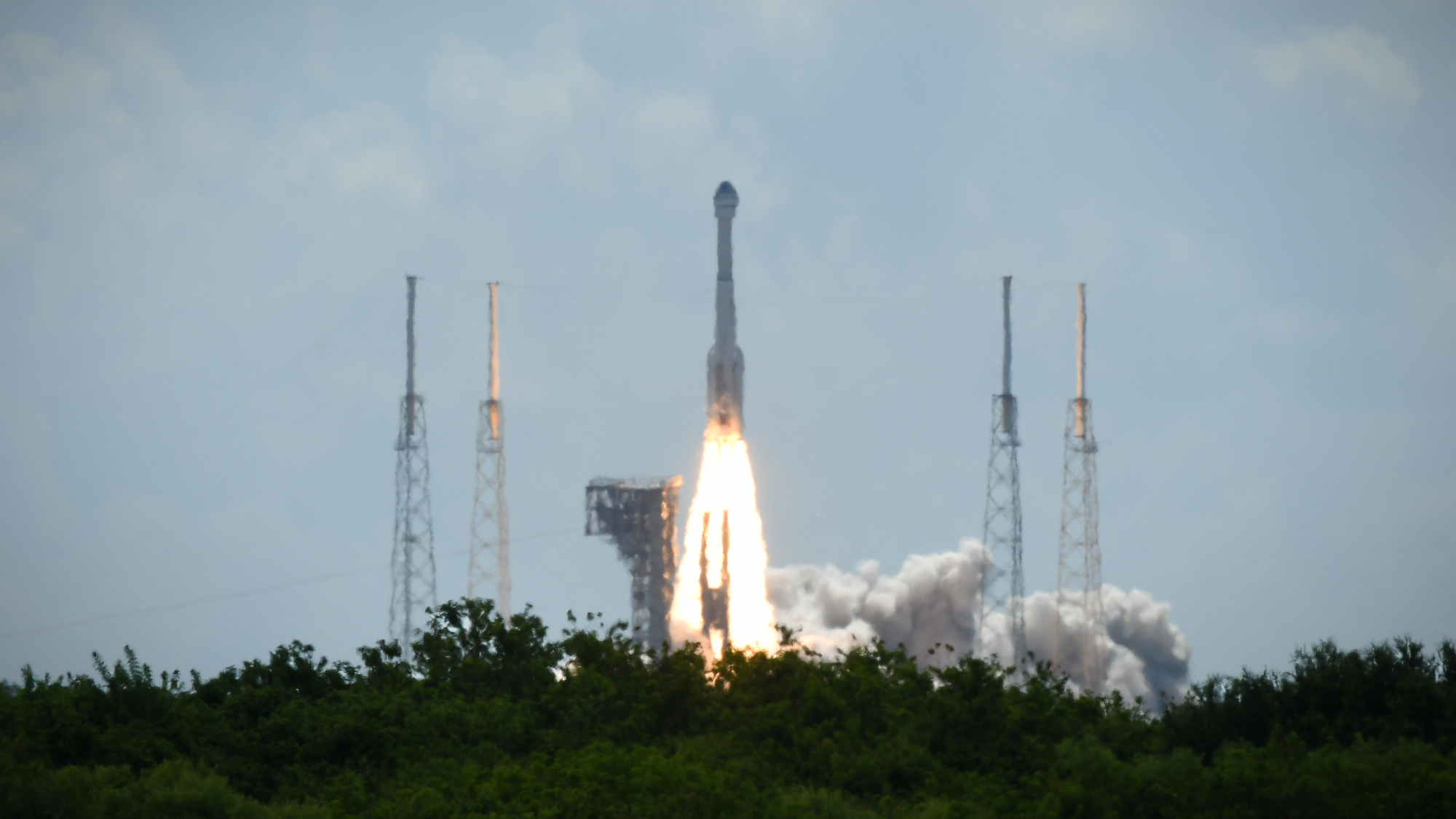 Boeing, SpaceX successfully test key rockets
Boeing, SpaceX successfully test key rocketsSpeed Read Boeing’s Starliner docked at the ISS and SpaceX completed its fourth test launch of its Starship spacecraft
-
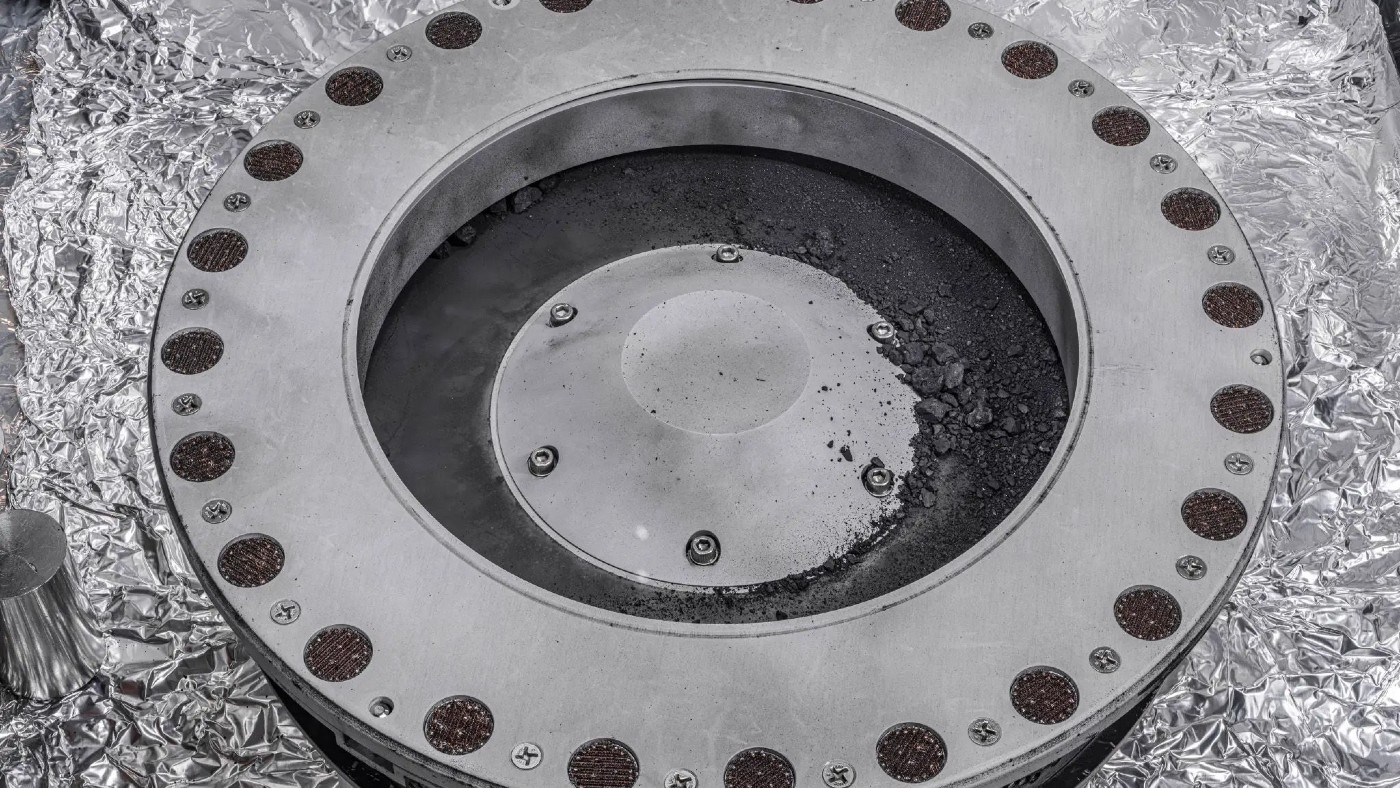 Nasa reveals first findings from asteroid that could explain origins of life
Nasa reveals first findings from asteroid that could explain origins of lifeSpeed Read Sample from Bennu has been found to contain an abundance of water and carbon
-
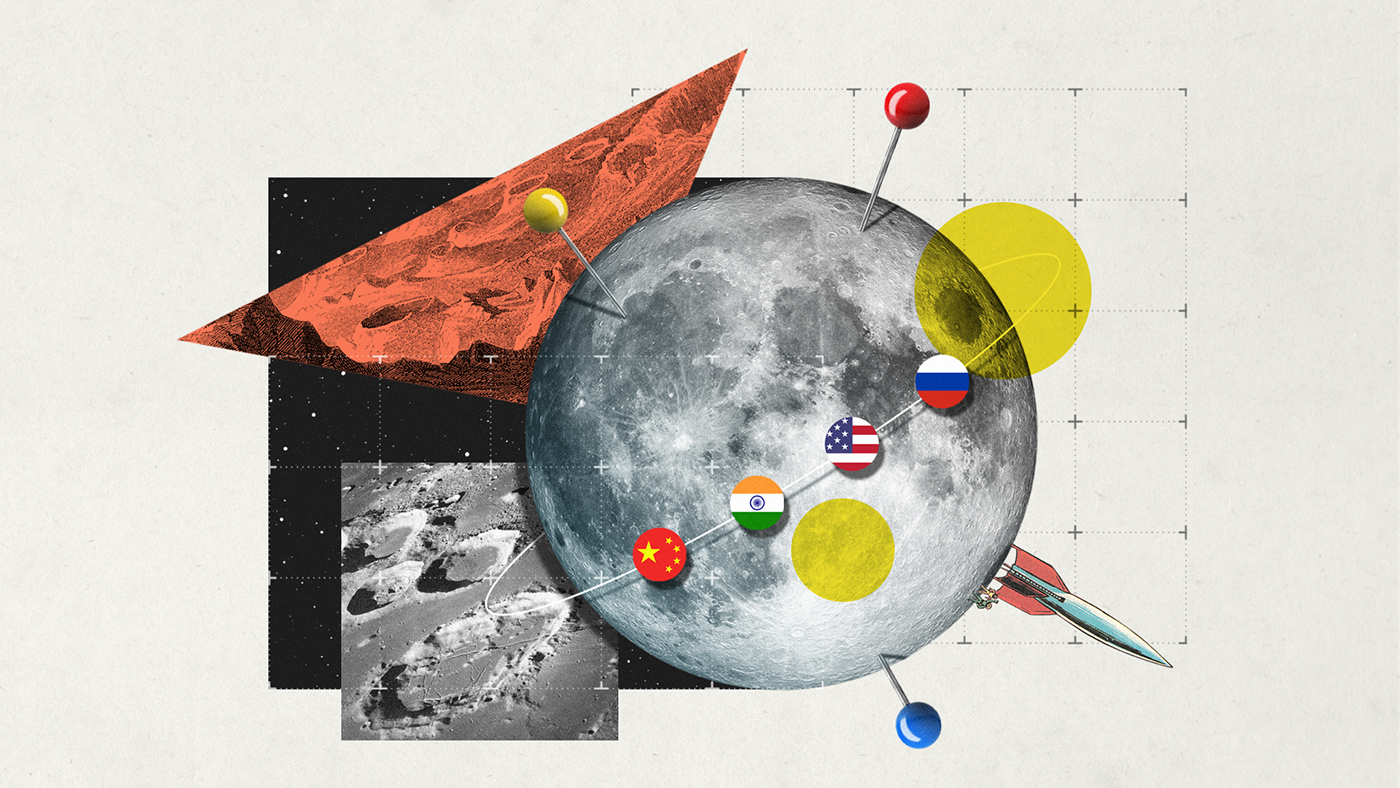 Dark side of the Moon: will the race to lunar South Pole spark conflict?
Dark side of the Moon: will the race to lunar South Pole spark conflict?Today's Big Question Russia and India are competing for the ‘new lunar gold’ – but real contest will be between the US and China